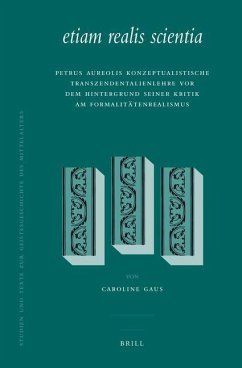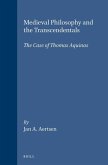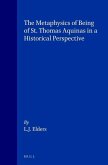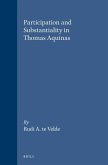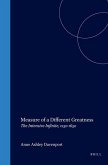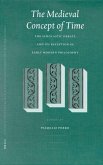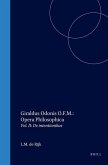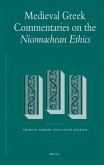Research on the medieval doctrine of the transcendentals is still characterized by one debate: its characteristic peculiarity vs. its structural correspondence to the modern concept of transcendentality. The present study on Peter Aureola (TM)s (a 1322) doctrine of transcendentals offers a contribution to that discussion by delimiting from both directions: by developing Aureola (TM)s position in contrast to the contemporary position of a scotist-orientated, formalistic realism, it sheds light on the innovative traits in his doctrine. On the other hand, Aureola (TM)s logico-semantical revision of metaphysics is presented as an intentional affirmation of tradition, so that a revised view can be taken of Aureola (TM)s role within the development of a modern metaphysics of the object as such.
Hinweis: Dieser Artikel kann nur an eine deutsche Lieferadresse ausgeliefert werden.
Hinweis: Dieser Artikel kann nur an eine deutsche Lieferadresse ausgeliefert werden.

